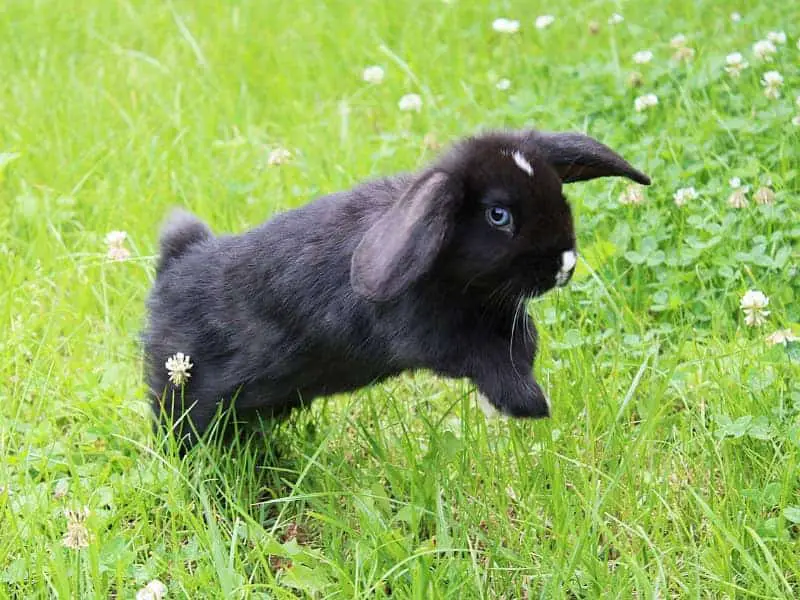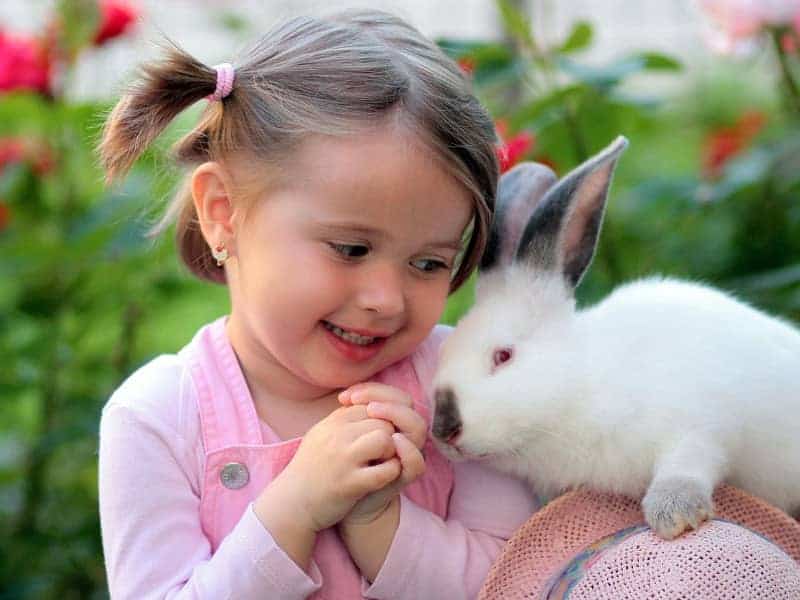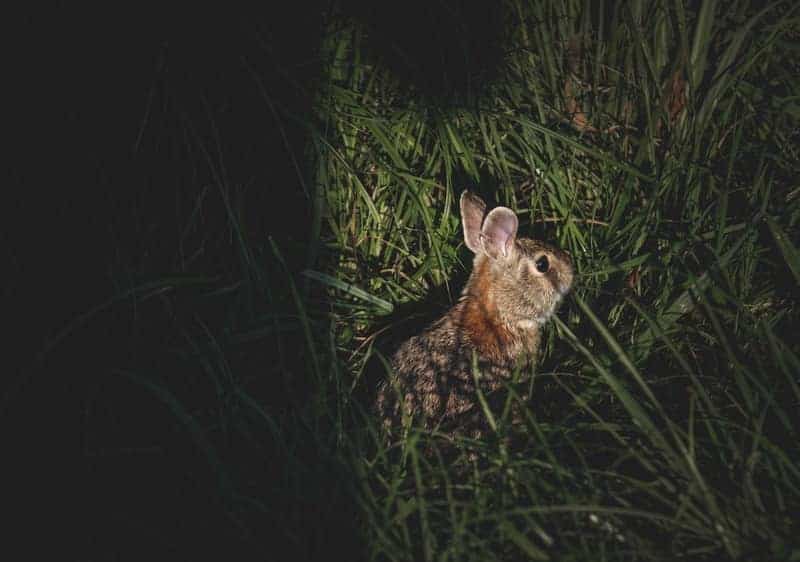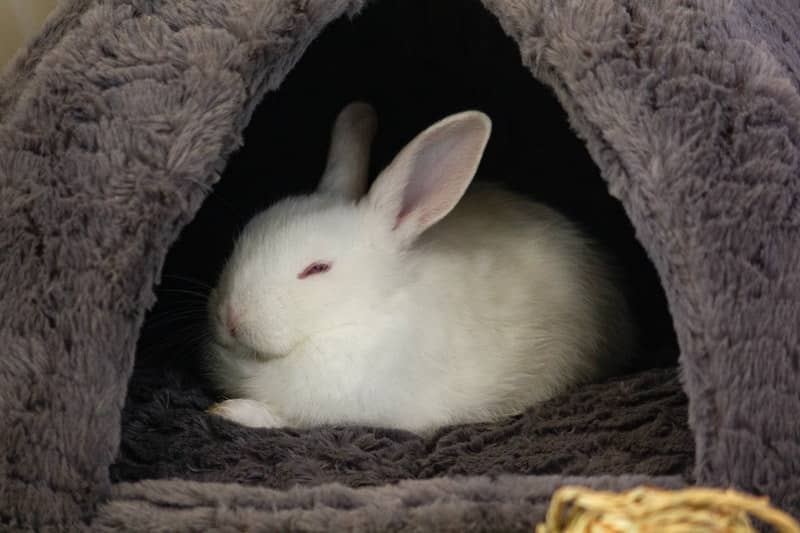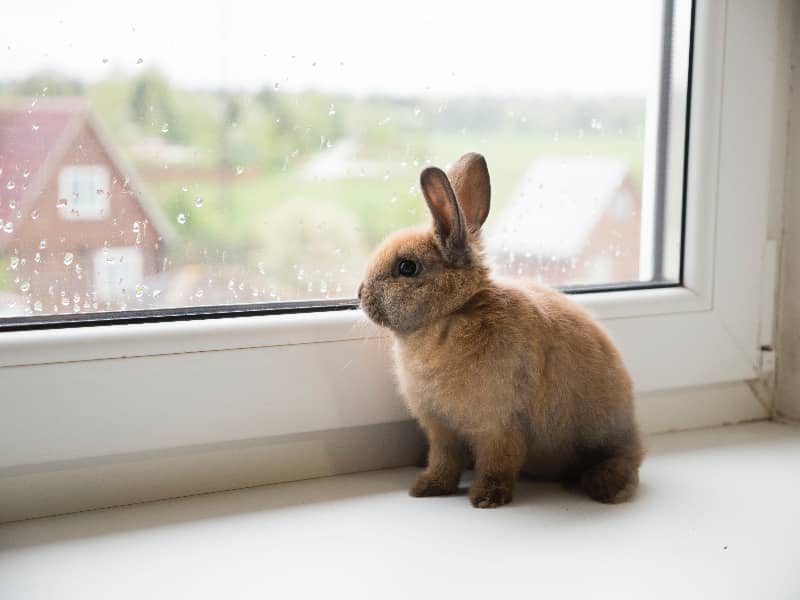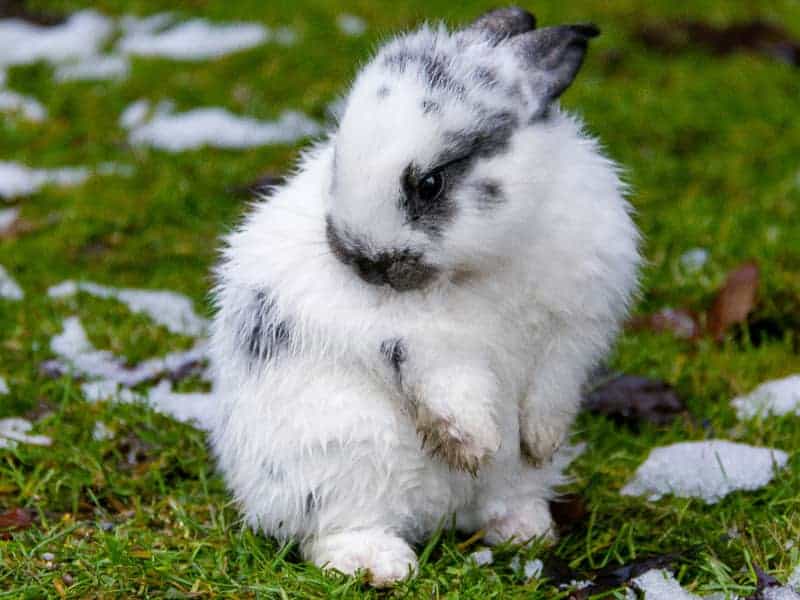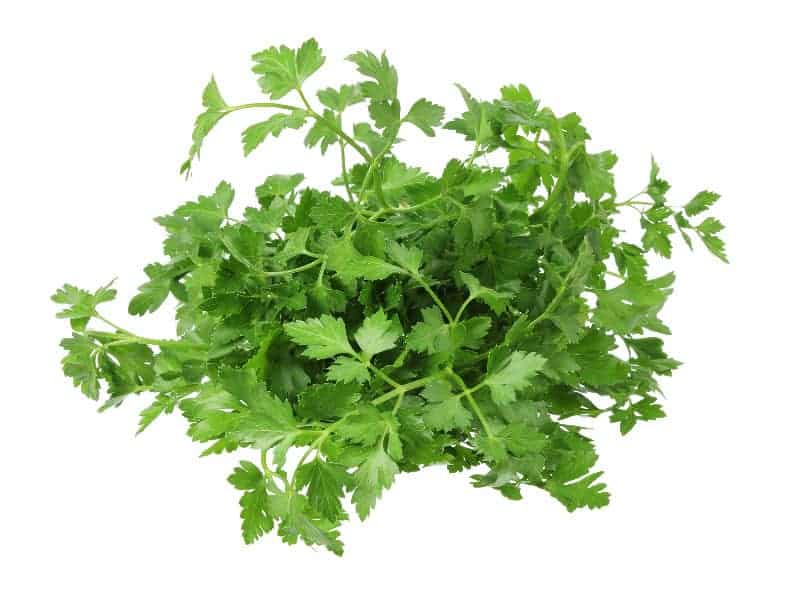
Are rabbits allowed to eat parsley?
Hello dear reader, maybe you've just become the proud owner of a fluffy, cuddly rabbit. Or maybe you've been an experienced bunny (in the truest sense of the word!) in rabbit care for a long time. In any case, you certainly know that a varied and balanced diet is the be-all and end-all for your little long-eared one.
But what about parsley? Is it safe, and are rabbits allowed to eat parsley? In this blog post, we take a close look at this topic. So, get comfy, maybe with a cup of tea and some carrot sticks (you never know when a hungry rabbit might hop by), and let's get started!
- Are rabbits allowed to eat parsley?
- Rabbit and parsley: a green love?
- The healthy sides of parsley
- Too much of a good thing: Why parsley in moderation?
- The calcium problem
- How much parsley is enough?
- Alternatives to parsley
- What you should pay attention to when feeding
- The importance of a balanced diet
- Rabbits have individual preferences
- The proper introduction of new foods
- Different types of parsley
- The role of water
- Beware of certain foods
- Conclusion: Are rabbits allowed to eat parsley?
Rabbit and parsley: a green love?
The first point we need to clarify is: yes, rabbits can eat parsley. That is the short and simple answer. But as with so many things in life, there is a "but". Although parsley is rich in vitamins, minerals and other healthy substances that your rabbit needs, it should still be given in moderation.
The healthy sides of parsley
Parsley is an excellent source of vitamin C, vitamin K and folic acid, which are important for your rabbit's overall health. It also contains antioxidants that help protect your rabbit's cells from damage. So all in all, pretty good stuff, right?
Too much of a good thing: Why parsley in moderation?
Now you may be asking yourself, if parsley is so healthy, why shouldn't I give it in large quantities? Well, this is where it gets a little complicated. Parsley contains a high amount of calcium, which can be problematic for rabbits.
The calcium problem
Rabbits' kidneys are not made to process large amounts of calcium. Too much calcium intake can lead to the formation of bladder or kidney stones, which can be very painful for your rabbit and even a life-threatening condition. Therefore, you should feed parsley and other calcium-rich foods only in moderation.
How much parsley is enough?
So now you know that you should give parsley in moderation. But how much is "in moderation"? A general rule of thumb is that fresh herbs (like parsley) should make up no more than 10 % of your rabbit's total daily food ration. This means that if you give your rabbit parsley, it should only make up a small portion of his daily diet.
Alternatives to parsley
If you're worried about giving too much parsley, or if your rabbit doesn't particularly like it (yes, rabbits can be picky too!), there are many other healthy foods you can offer. For example, try carrots, celery, fennel, or different types of lettuce.
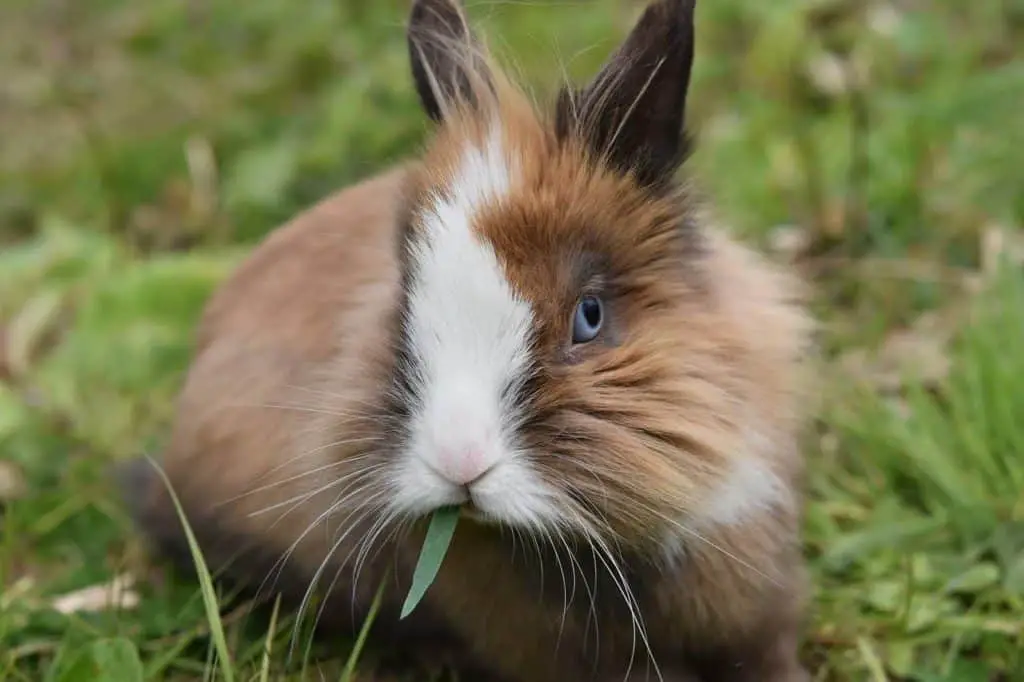
What you should pay attention to when feeding
While parsley is a safe and healthy addition to your rabbit's diet, there are a few things you should keep in mind. First, parsley should always be fresh. Do not use parsley that is wilted or rotten, as it can be unhealthy or even harmful to your rabbit.
Secondly, it is best to wash the parsley before feeding it to your rabbit. This way you remove any possible pesticides or other chemicals that may be on the leaves. If possible, buy organic parsley to minimize exposure to pesticides.
The importance of a balanced diet
While we are on the subject of rabbit nutrition, it is important to remember that parsley - or any other vegetable or herb - should not make up your rabbit's entire diet. The majority of your rabbit's diet should be hay, as it provides the fiber necessary for healthy digestion and dental health.
Rabbits have individual preferences
Just like humans, rabbits have individual taste preferences. So it may be that your rabbit just doesn't like parsley, and that's okay. Don't force your rabbit to eat something it doesn't like. There are many other healthy alternatives to parsley.
The proper introduction of new foods
When introducing parsley to your rabbit's diet for the first time, do so slowly and gradually. Start with a small amount and see how your rabbit responds. If you do not notice any negative symptoms such as diarrhea or loss of appetite, you can gradually increase the amount.
Different types of parsley
It's also important to know that there are different types of parsley, including flat leaf parsley, curly parsley, and root parsley. All of these varieties are safe for rabbits to eat, but they can vary in flavor and nutritional content, which may cause your rabbit to prefer some varieties more than others.
The role of water
While we are talking about rabbit nutrition, it should not be forgotten that clean and fresh water should always be available. Even if you offer your rabbit a lot of fresh vegetables and herbs, which are a good source of water, your rabbit needs extra water to stay healthy.
Beware of certain foods
Not everything that is edible for humans is safe for rabbits. Some foods, including some types of vegetables and fruits, can be toxic to rabbits. These include such things as onions, garlic, avocados, and grapes. Always make sure you know the safety of a new food before feeding it to your rabbit.
Conclusion: Are rabbits allowed to eat parsley?
Feeding rabbits can be challenging, as there are many factors to consider. But with knowledge and care, you can ensure that your rabbit receives a balanced, healthy diet. Although parsley is a healthy food for your rabbit, it should only be fed in moderation due to its high calcium content.
And remember that the main food for your rabbit should always be hay, supplemented with a variety of vegetables and herbs.
Author

-
Garden animal - A life with nature
Welcome to my animal blog! My name is Dirk and I am happy to take you on my journey through the fascinating world of animals and gardening.
Born 54 years ago, I have had an insatiable curiosity for the animal world around me since childhood. Although I have moved professionally in other industries, my true passion has always been animals and nature. It is remarkable how a small garden has become such an important part of my life.
Many of my fondest memories are associated with the animals that share our home. Whether it's the curious squirrels that scurry across the trees in the morning, the colorful variety of birds that visit our feeders, or the busy bees and butterflies that pollinate our flowers, every moment with them is invaluable to me.
This blog is my contribution to share my experiences, discoveries and insights with like-minded people. Here I will share stories of unforgettable encounters with animals, give tips on gardening and creating wildlife-friendly habitats, and take you on my journeys through nature.
Thank you so much for being here!
Cordial,
Dirk aka garden animal
Last posts
- 27. February 2024PetsVeganes Hundefutter – Grün und Gesund?
- 18. January 2024ChickensOregano für Hühner
- November 27, 2023HamsterDiurnal hamsters
- November 24, 2023HamsterHamster hammock

